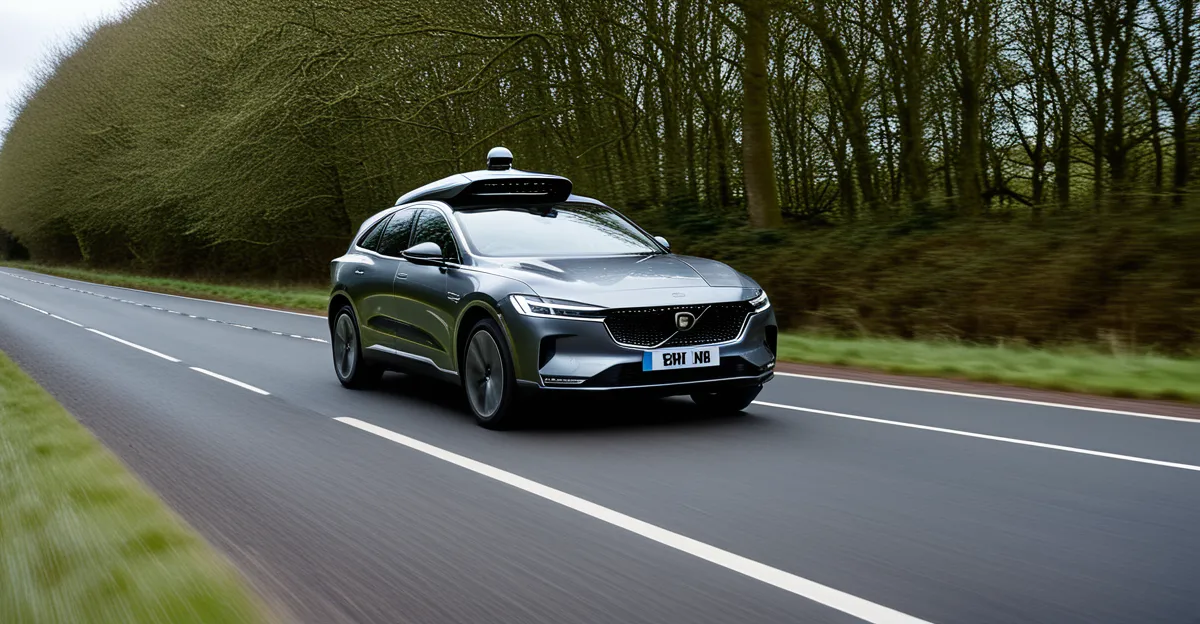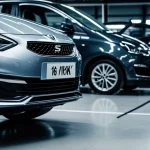Immediate actions and current industry landscape
UK automakers are actively engaging with autonomous vehicle technology through a variety of adaptation strategies. Leading companies like Jaguar Land Rover and Rolls-Royce have established dedicated R&D centers and innovation hubs focused on developing and testing autonomous systems. These facilities not only drive technological progress but also foster partnerships with tech firms and universities, reinforcing the UK’s growing presence in this sector.
Current engagement involves several early adoption initiatives, including demonstration projects that showcase autonomous capabilities in real-world environments. These pilot programs are vital for collecting data, refining vehicle software, and increasing public acceptance. UK automakers are also focusing on integrating autonomous features with traditional vehicle functions, allowing smoother transitions toward full autonomy.
This might interest you : What is the future of car-sharing services in the UK automotive market?
The industry overview reveals a collaborative approach, with manufacturers, suppliers, and research institutions working closely to overcome technical and regulatory hurdles. This cooperative environment is essential in shaping adaptation strategies that balance innovation with safety and compliance, positioning UK automakers as key players in the evolving autonomous vehicle landscape.
Strategic investments and research initiatives
UK automakers have committed substantial investments to accelerate autonomous vehicle development, channeling capital into cutting-edge R&D and innovation programs. These investments underpin advancements in sensor technology, AI algorithms, and autonomous system integration, forming the foundation for more reliable and efficient vehicles. Companies allocate funds strategically to both in-house research centers and collaborative ventures to maximize impact.
Also to see : What Are the Challenges Facing the UK’s Automotive Sector?
Research collaborations are a pillar of this approach. UK automakers partner with technology firms, universities, and specialized startups, leveraging combined expertise to overcome technical challenges. These partnerships foster innovation by sharing knowledge, resources, and testing capabilities, ensuring continuous technology refinement. The collaboration extends to joint efforts in developing software platforms and creating standardized frameworks for autonomous operations.
Pilot programs play a critical role in validating technologies under real-world conditions. Early-stage field tests assess system safety, vehicle performance, and user interaction, offering invaluable data to enhance autonomous platforms. Such programs often involve public road trials and simulated environments to evaluate vehicle behavior comprehensively. By engaging in pilot programs, UK manufacturers can iteratively improve features and support regulatory approval processes with robust evidence of system efficacy.
Government collaboration and regulatory adaptation
UK automakers actively engage in government collaboration to navigate the complex regulatory environment surrounding autonomous vehicles. This partnership involves joint projects with public agencies aimed at aligning technology development with emerging legal frameworks. By working closely with policymakers, manufacturers help shape regulations that balance innovation with safety and public trust.
Addressing regulatory challenges is a critical focus. The evolving landscape requires continuous adaptation as laws and standards for autonomous vehicle operation are introduced. UK automakers contribute technical expertise and real-world data from pilot programs to inform policies governing road use, safety compliance, and cybersecurity.
Efforts include proactive participation in consultative forums and regulatory trials. These initiatives facilitate testing under government oversight, ensuring technologies meet stringent safety criteria before wide deployment. This collaborative model encourages a responsive regulatory system conducive to innovation, positioning UK automakers advantageously in the global autonomous vehicle sector.
Key UK automakers and flagship projects
Leading UK automakers such as Jaguar Land Rover and Rolls-Royce are at the forefront of autonomous vehicle advancement, each implementing unique adaptation strategies that combine deep expertise with visionary innovation. Jaguar Land Rover, for example, has positioned itself as a pioneer by integrating sophisticated autonomous systems into luxury vehicles, focusing on seamless human-machine interaction. Their flagship projects often highlight real-world applications, such as driverless shuttles and city navigation prototypes, which serve as crucial testbeds for refining their autonomous platforms.
Rolls-Royce, on the other hand, has capitalized on its tradition of craftsmanship by blending autonomy with bespoke design elements, aiming to enhance passenger experience through automated safety features without compromising luxury. Both manufacturers sustain these initiatives through active partnerships with technology firms and academic institutions, pooling resources to co-develop cutting-edge sensor and AI technologies.
These flagship projects are not isolated efforts; they exemplify an industry-wide collaboration trend that strengthens technological innovation and furthers the UK’s position in the global landscape. Collaborative ventures allow sharing of valuable data and testing outcomes, accelerating development cycles. Importantly, these projects deliver insights into the practical challenges of deployment, helping to shape adaptation strategies that respond effectively to evolving market and regulatory demands. By coupling their flagship projects with strong partnerships, UK automakers demonstrate a robust commitment to leading the autonomous vehicle market.






